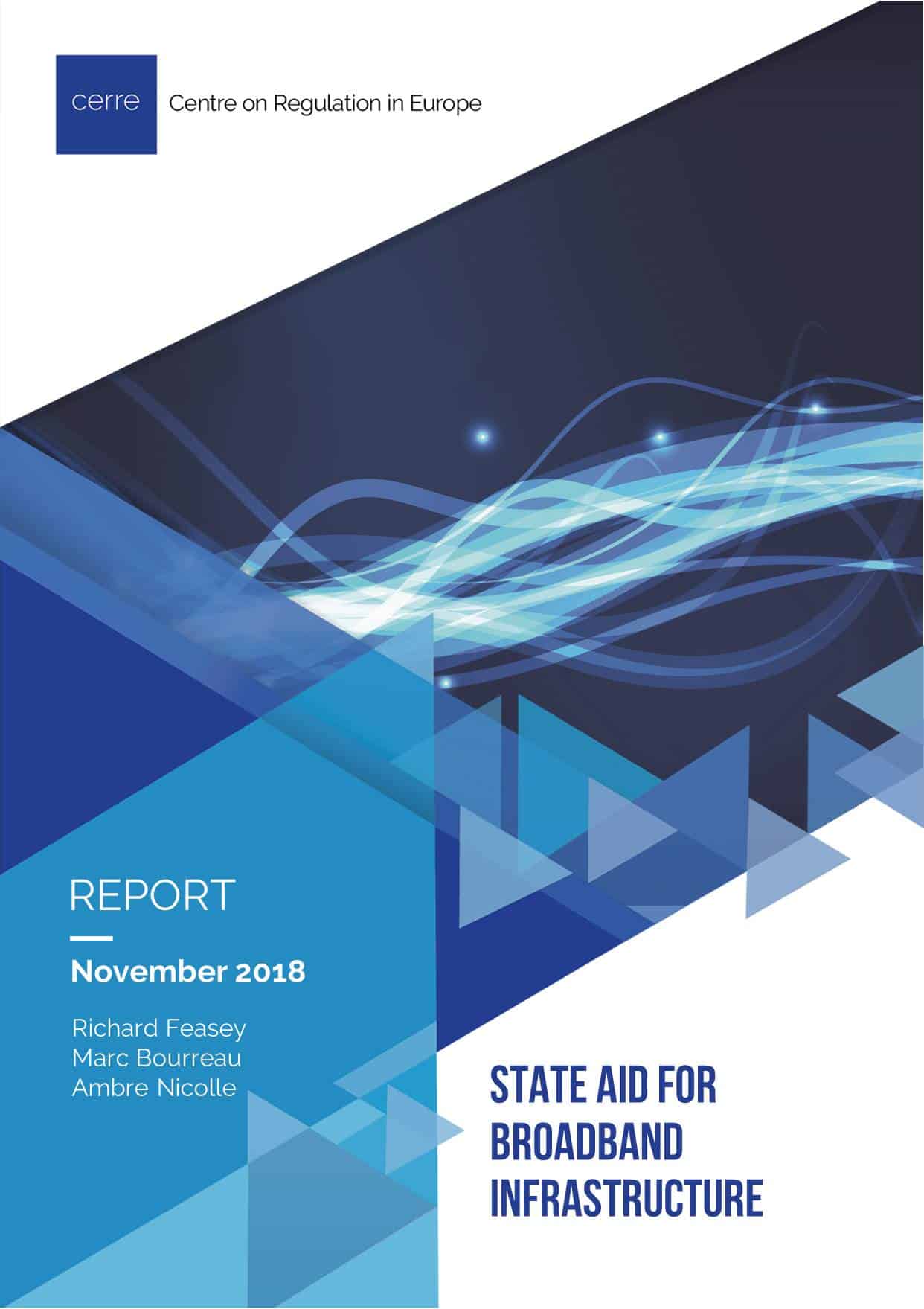Tech, Media, Telecom
Richard Feasey is a CERRE Senior Adviser, an Inquiry Chair at the UK’s Competition and Markets Authority and Member of the National Infrastructure Commission for Wales.
He lectures at University College and Kings College London and the Judge Business School.
He has previously been an adviser to the UK Payments Systems Regulator, the House of Lords EU Sub-Committee and to various international legal and economic advisory firms.
He was Director of Public Policy for Vodafone plc between 2001 and 2013.
Richard Feasey is a CERRE Senior Adviser, an Inquiry Chair at the UK’s Competition and Markets Authority and Member of the National Infrastructure Commission for Wales.
He lectures at University College and Kings College London and the Judge Business School.
He has previously been an adviser to the UK Payments Systems Regulator, the House of Lords EU Sub-Committee and to various international legal and economic advisory firms.
He was Director of Public Policy for Vodafone plc between 2001 and 2013.





